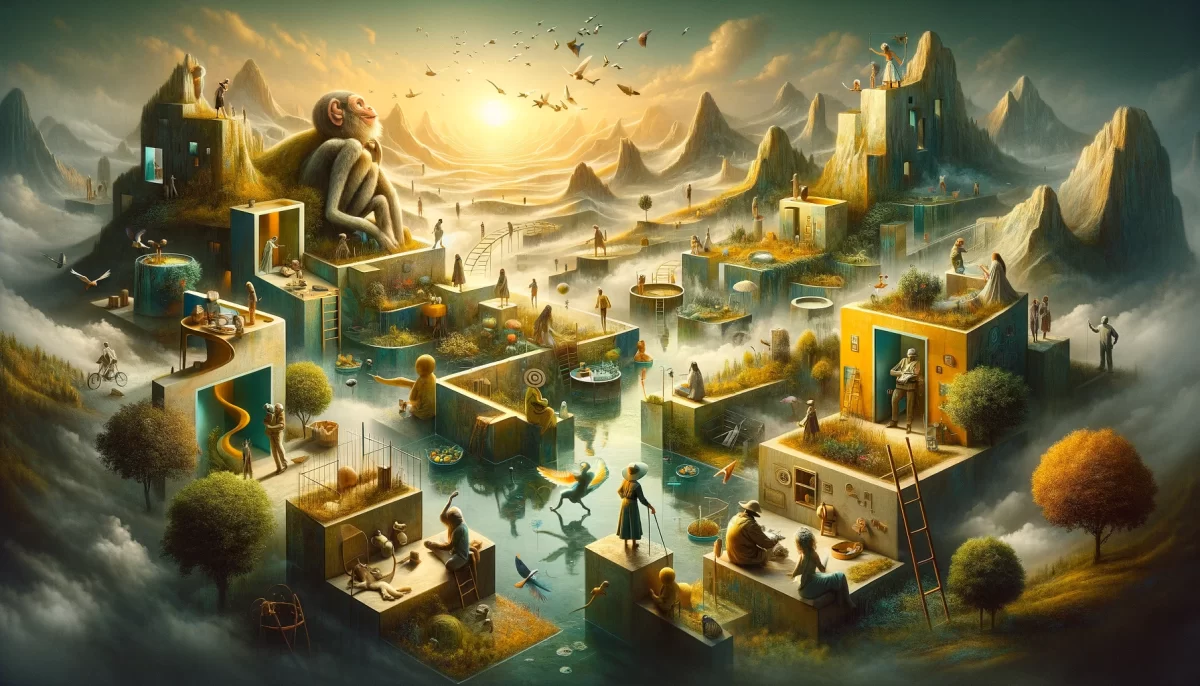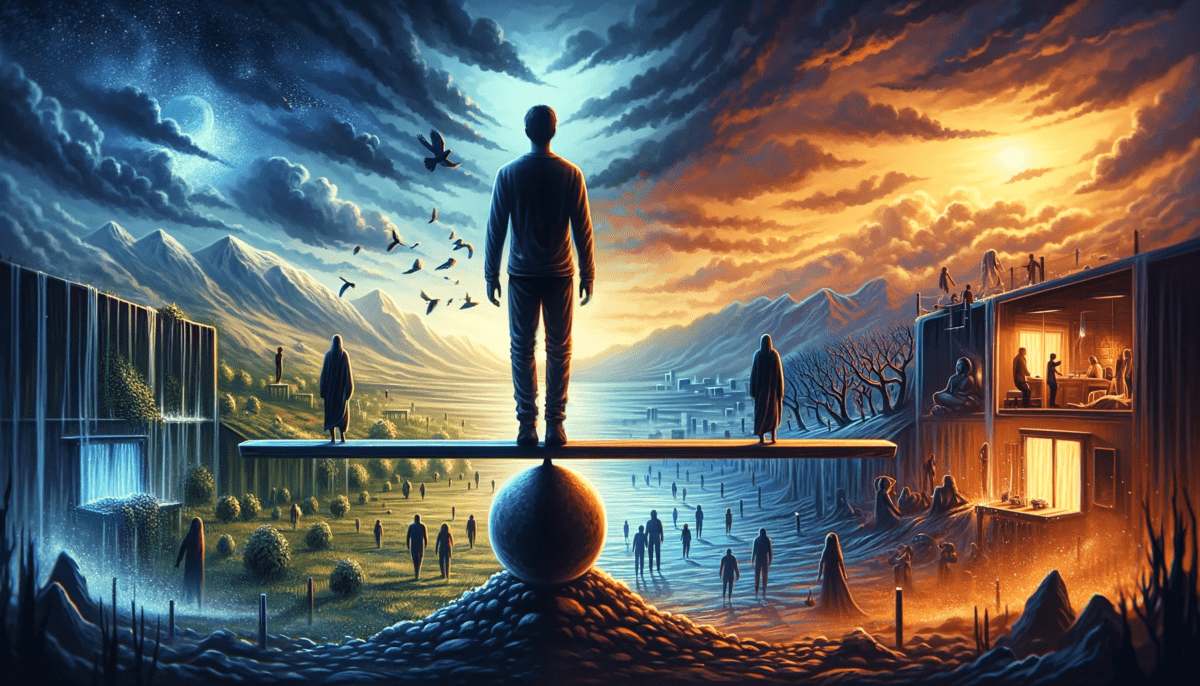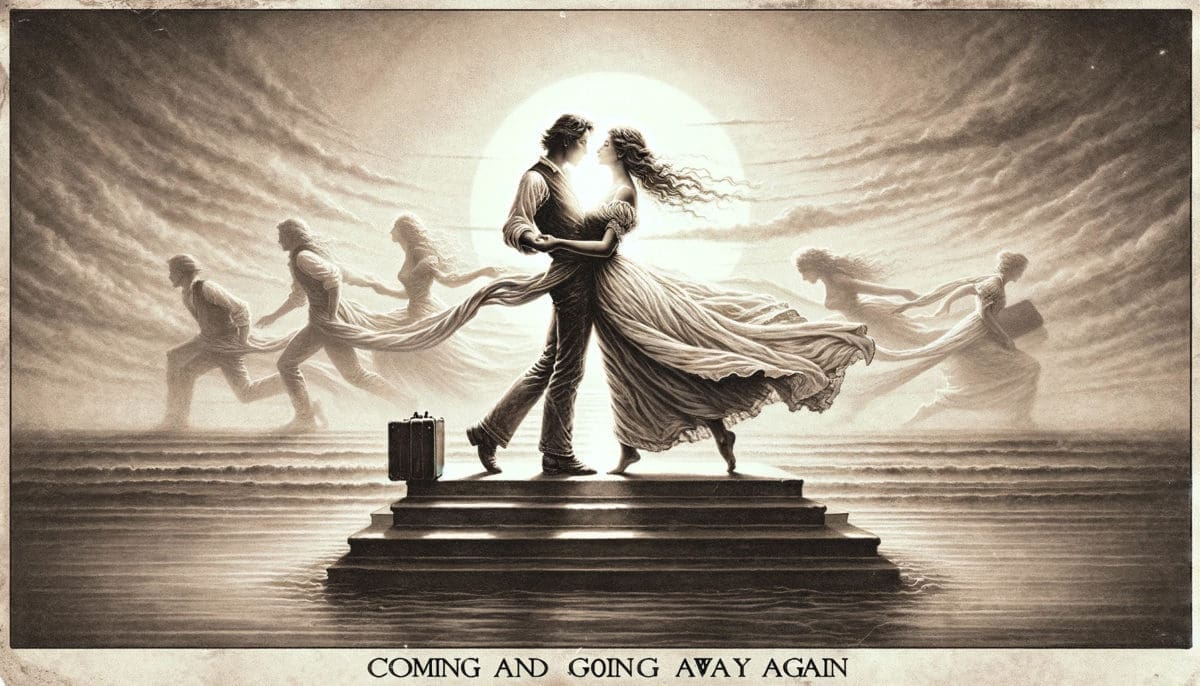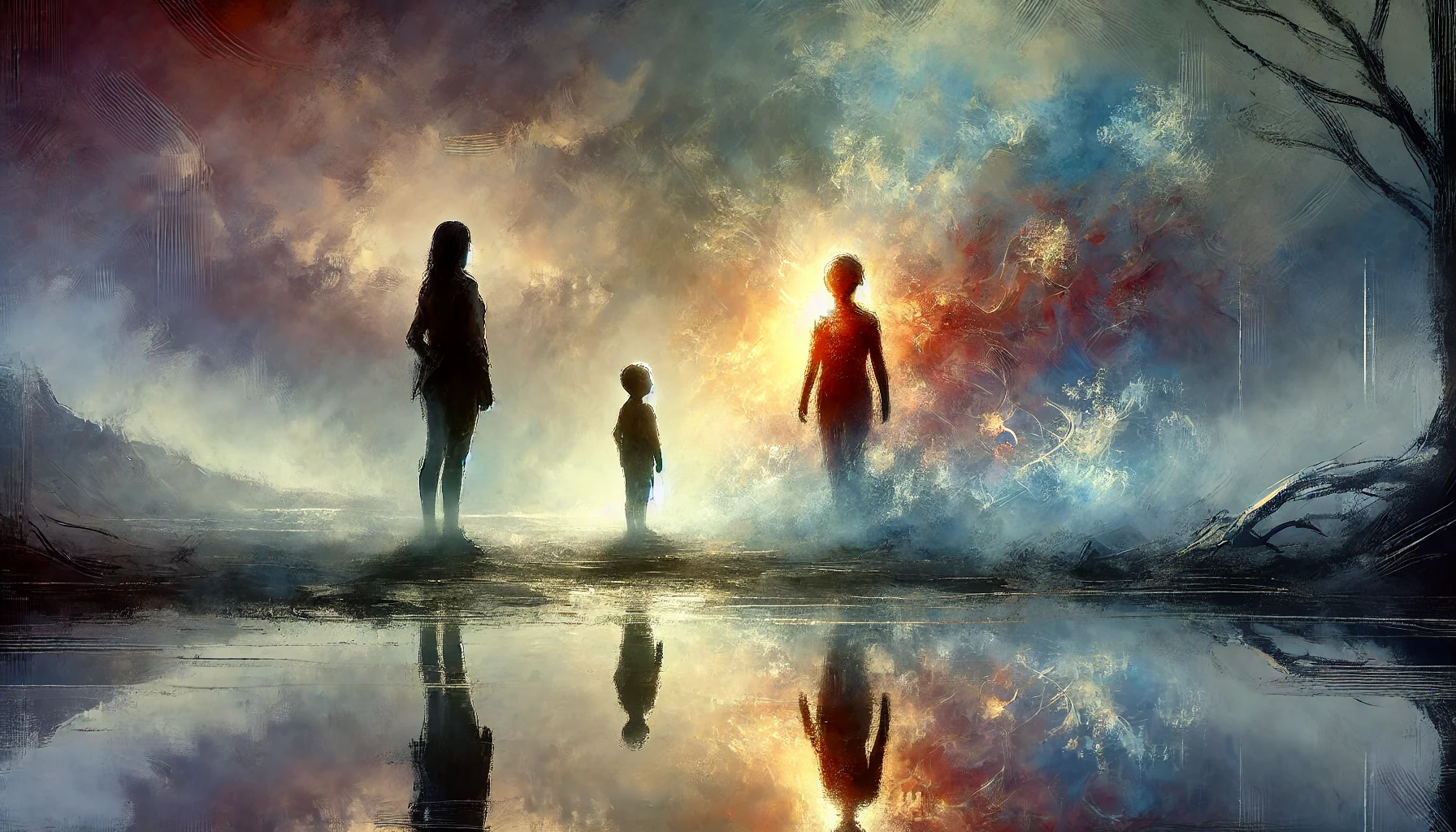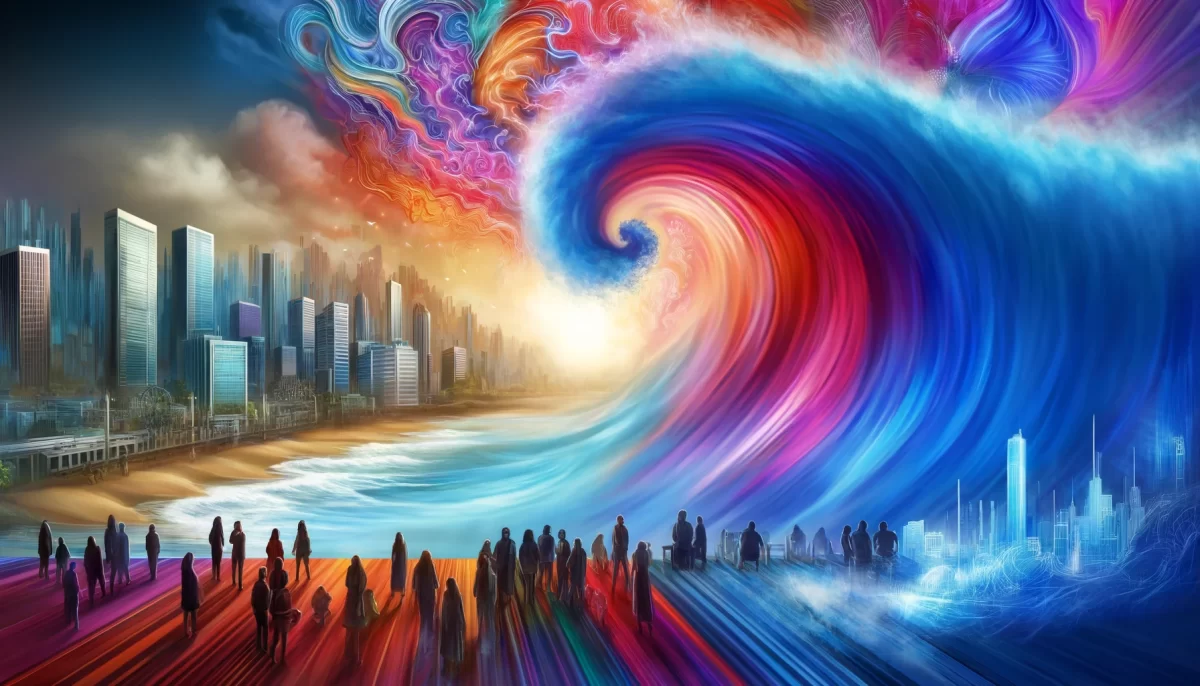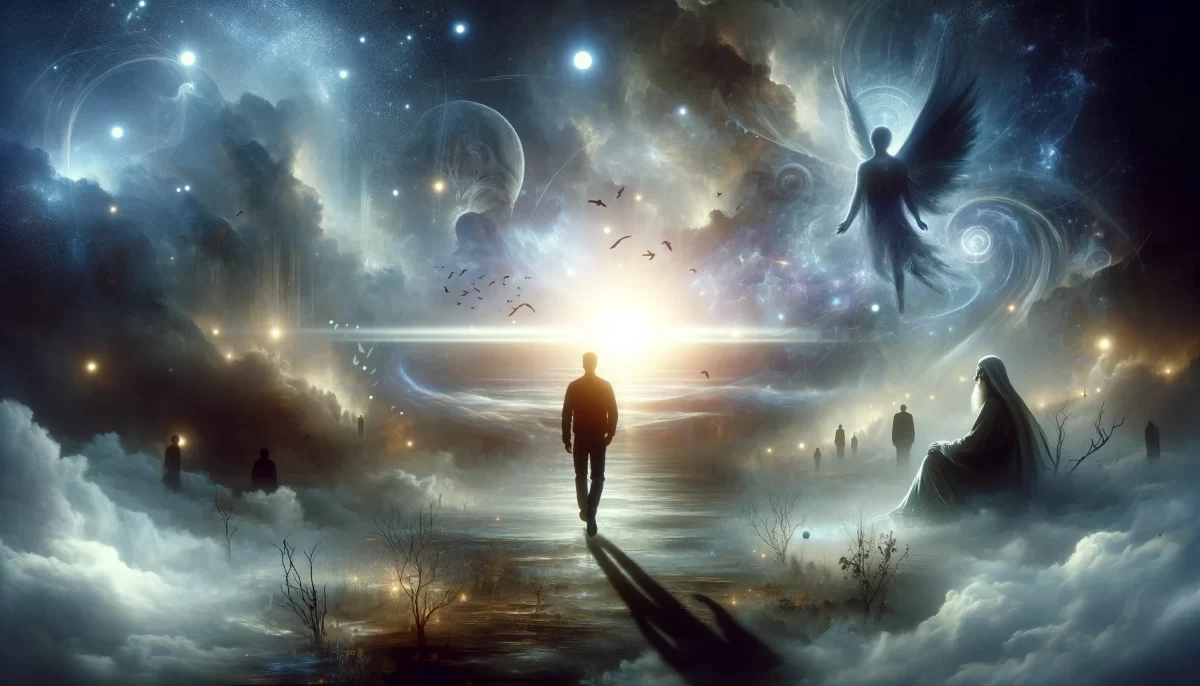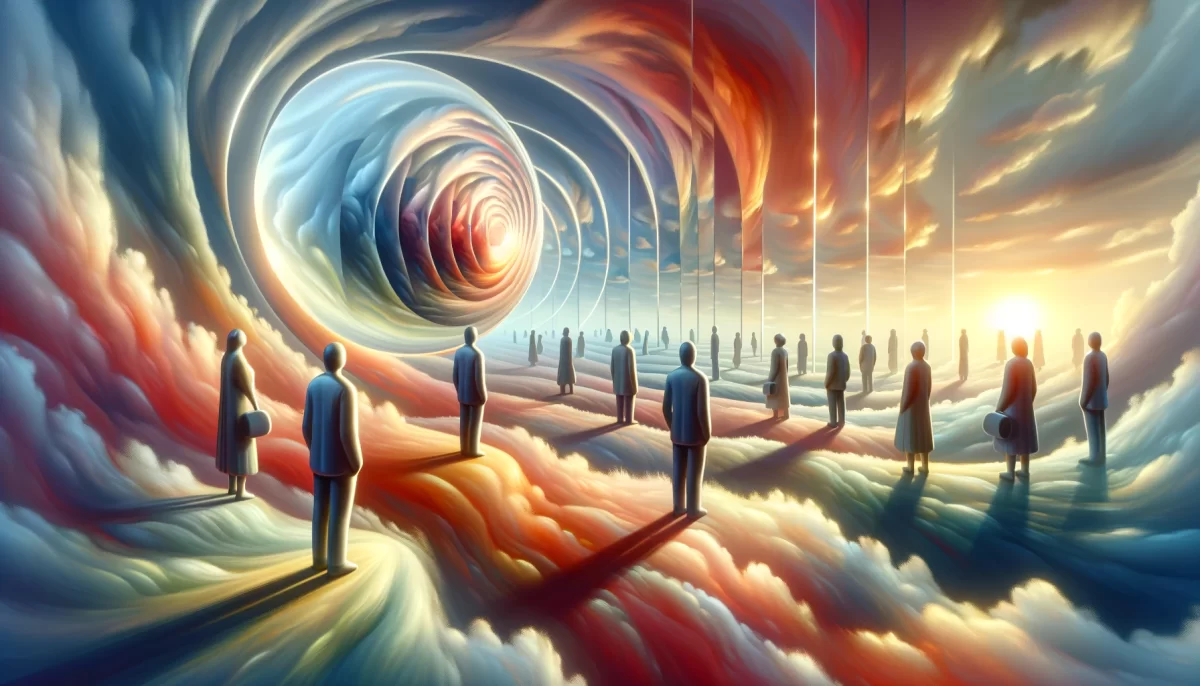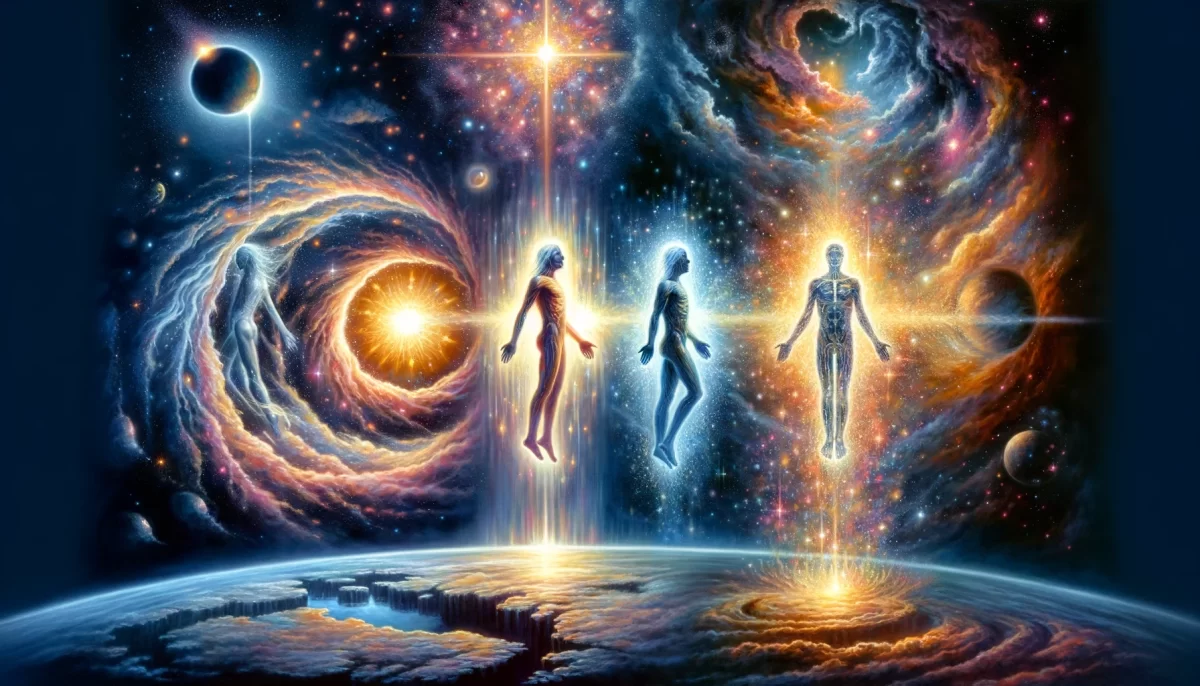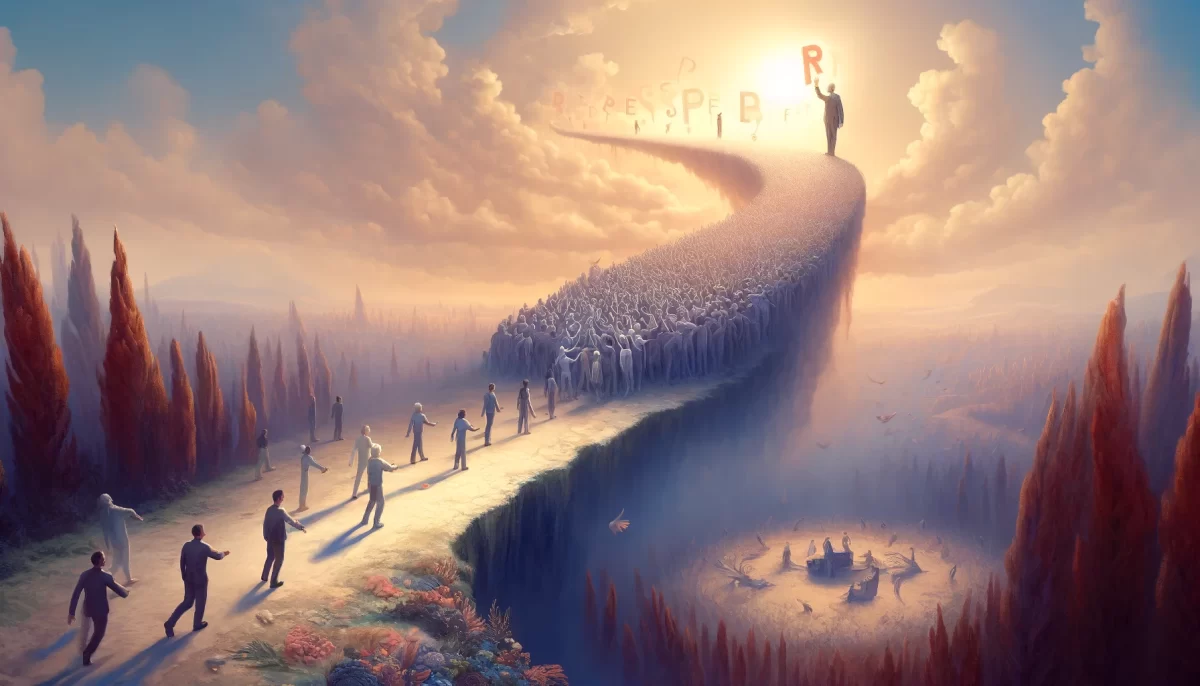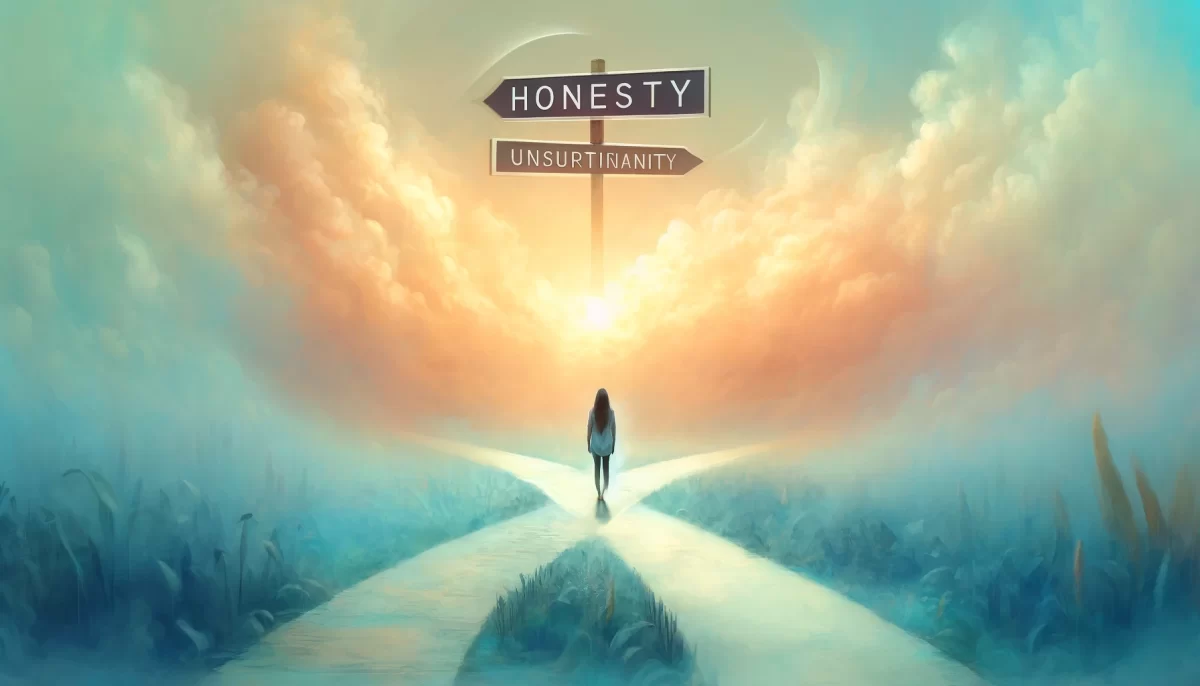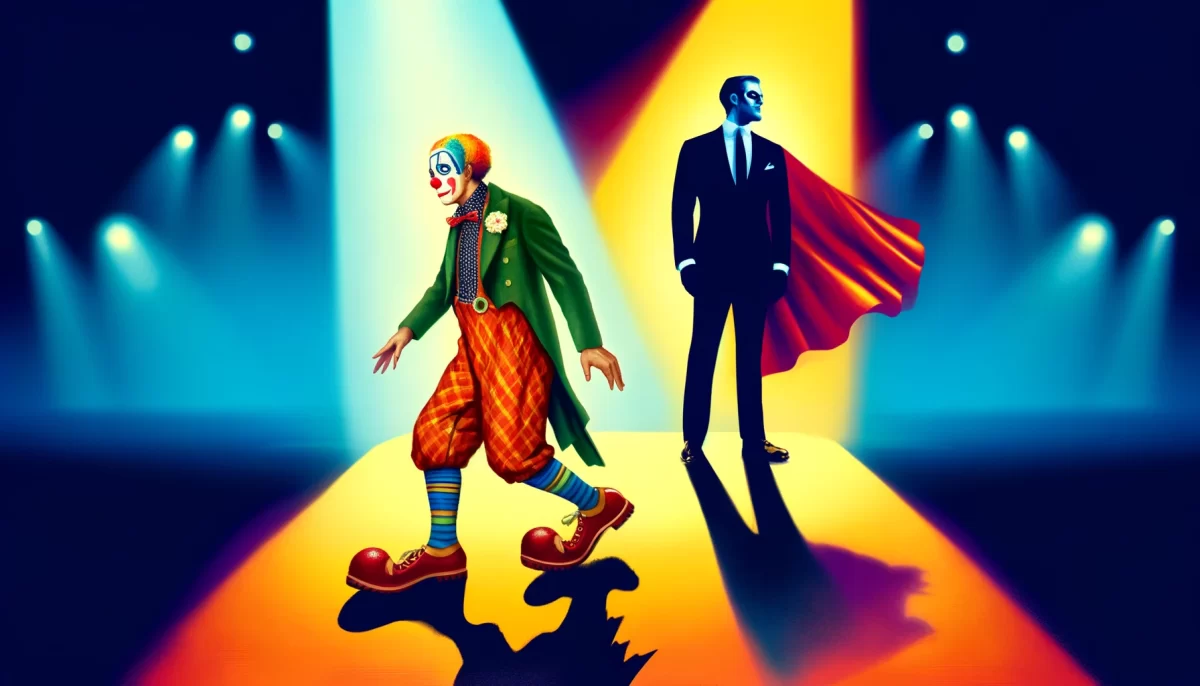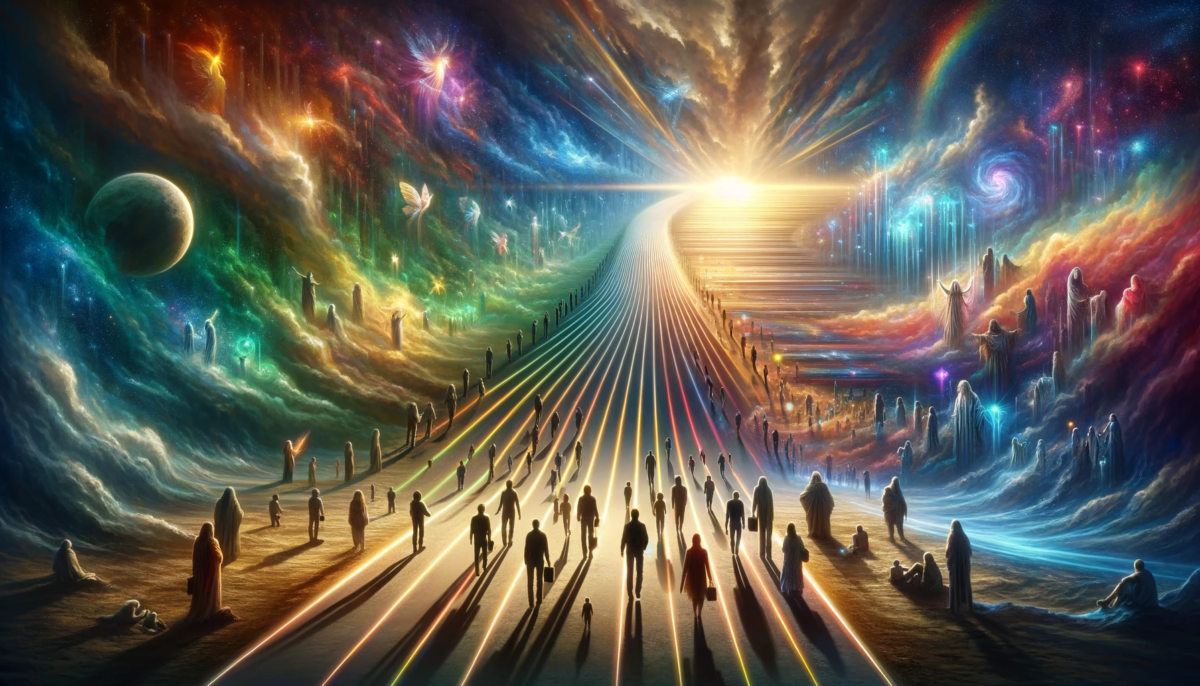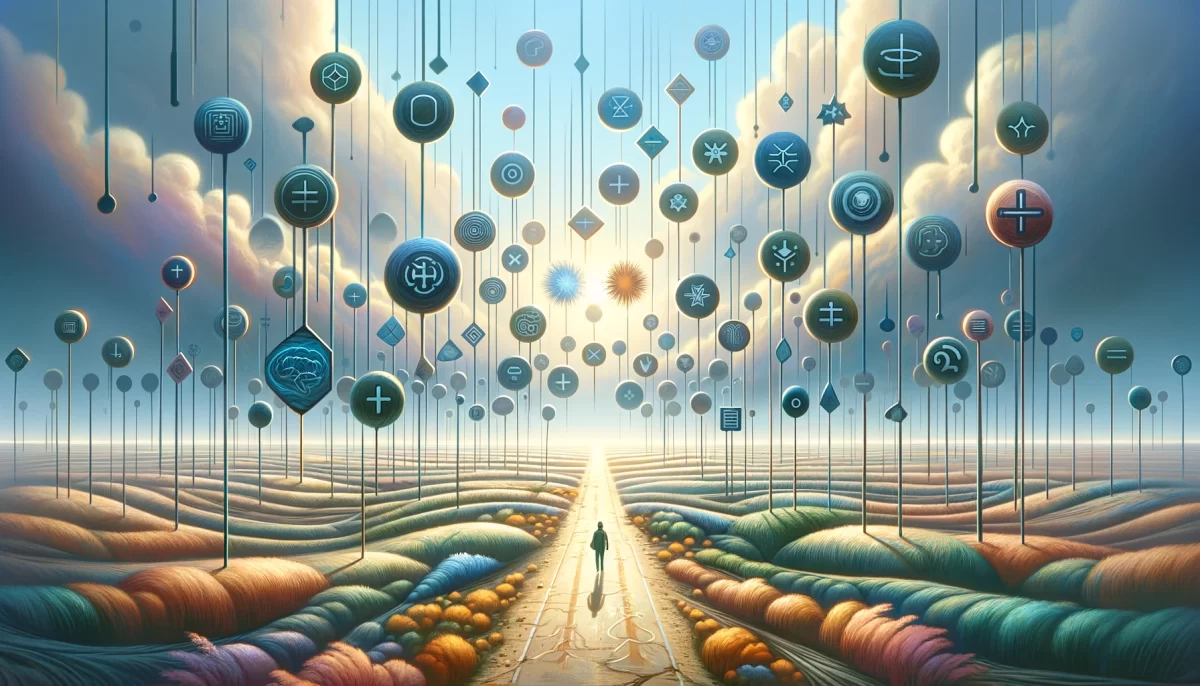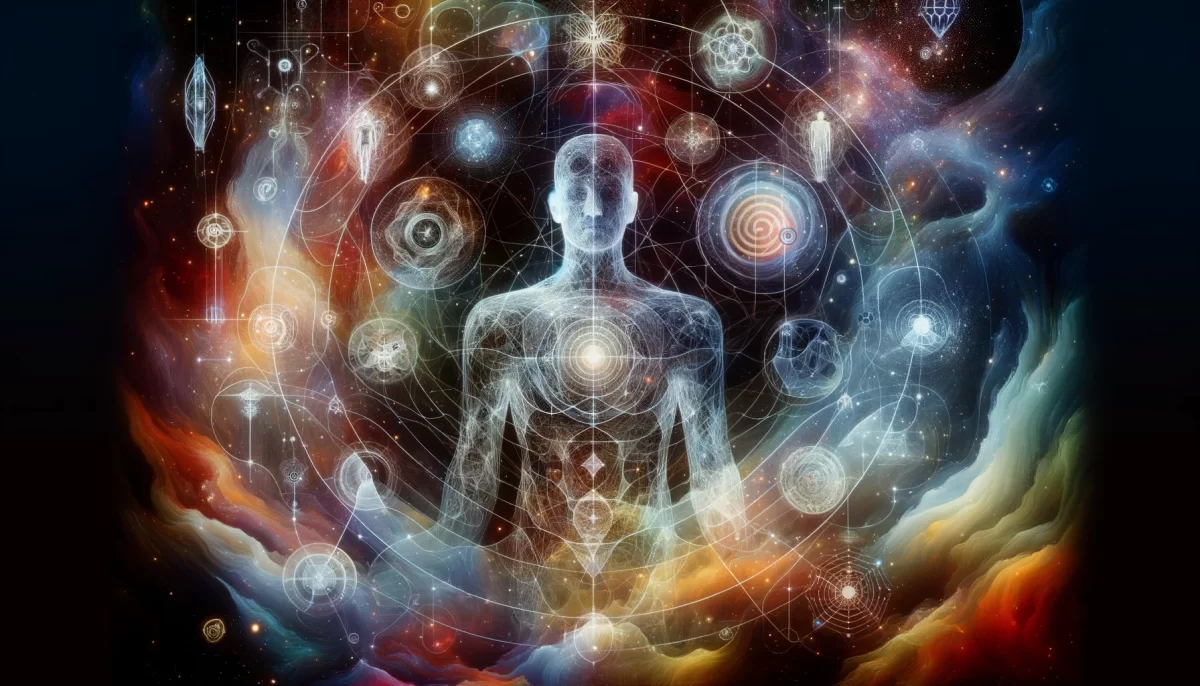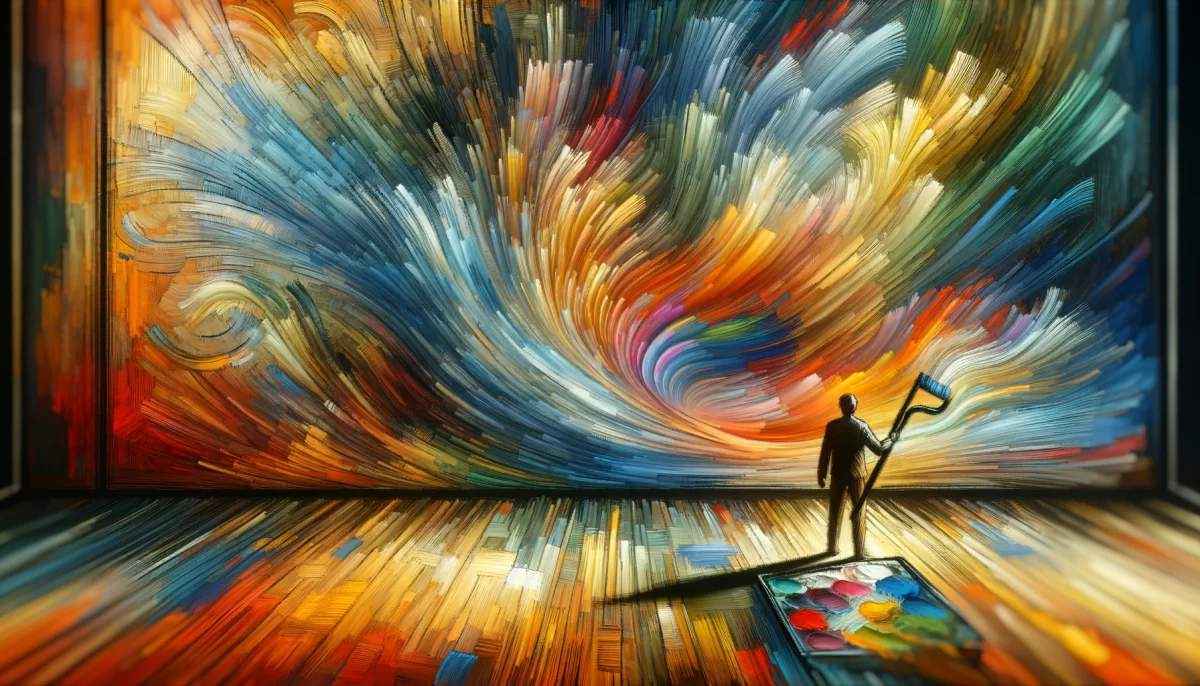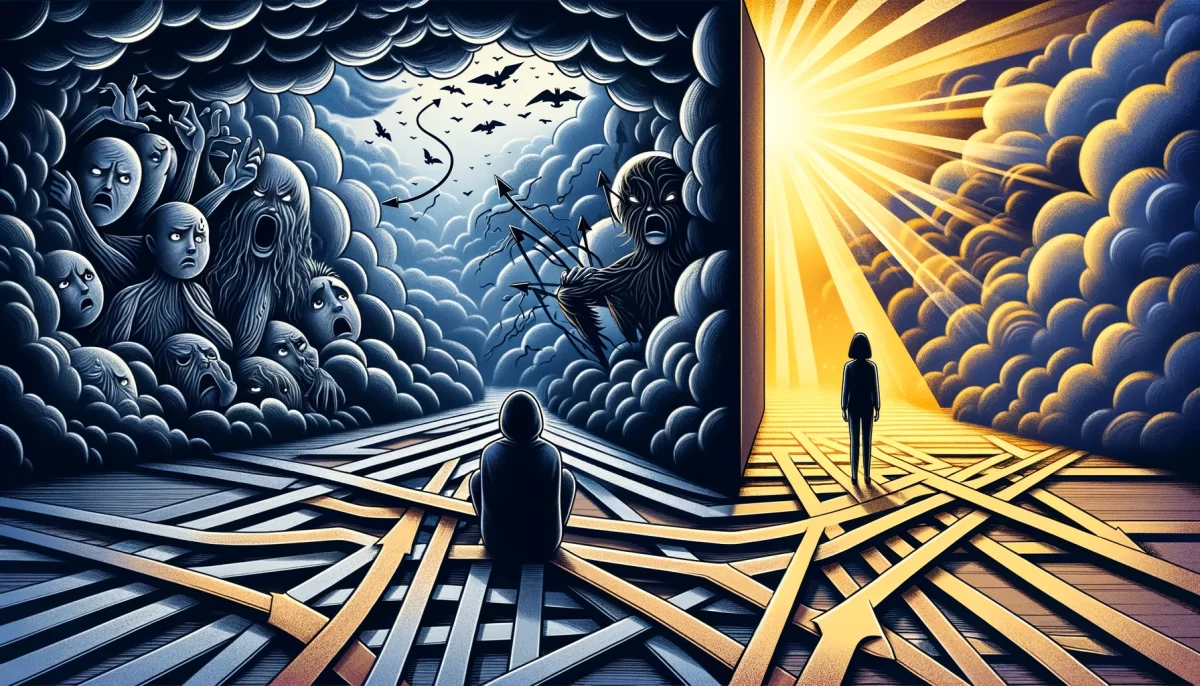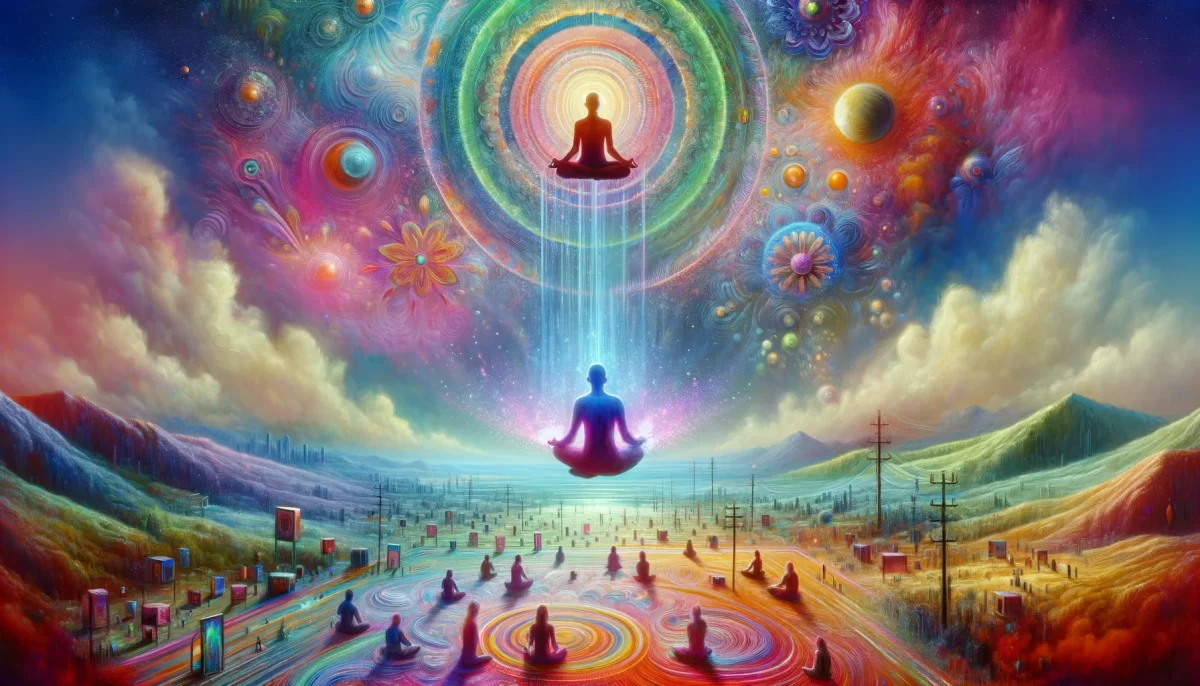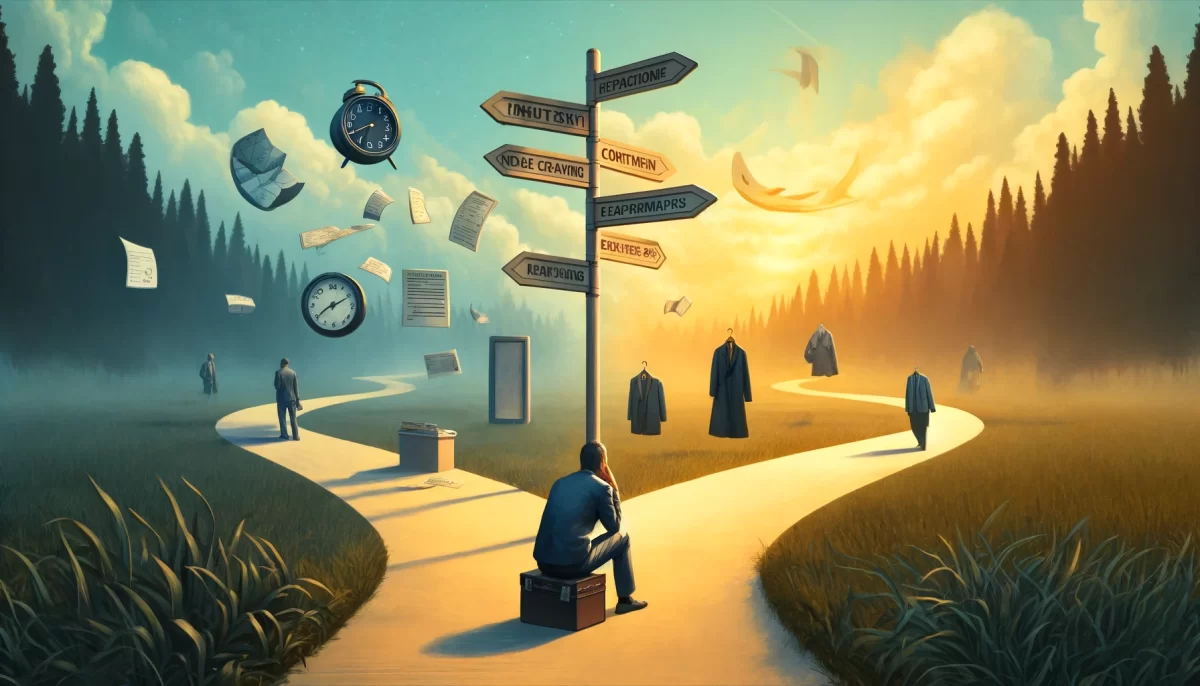Stars
Stars in the mirror
have faces they never see,
blinded by the light
of their inner beauty.
But seen from a distance,
at night in the sky,
those stars appear
as you and I.
And so we’re stars
all over the place
wishing we could see
our one true face.
Infinite we seem
never ending
seen only as we are
by friending
or pretending.
We are Space Monkey.
3/1
Reflections of the Cosmos
Unveiling the hidden connections between stars and selves
The Mirror of the Universe
The universe, with its vast expanse of stars, serves as a grand mirror reflecting the myriad facets of human identity and connection. This reflection explores the poetic symmetry between the celestial bodies in the night sky and the intrinsic beauty of the human spirit, often unseen by the beholders themselves.
Stars: Beacons of Inner Beauty
Stars, with their radiant light and timeless journey through the cosmos, embody the essence of inner beauty that lies within each individual. Just as stars are blinded to their own luminance, so too are people often unaware of the unique brilliance they possess. This unseen beauty, though invisible to its source, casts a light that can inspire and illuminate the darkness for others.
The Paradox of Perception
From a distance, the stars in the night sky appear as a unified tapestry of light, each star a point of connection in the vast network of the cosmos. This external perspective mirrors the way individuals are seen by others—distinct, yet part of a greater whole. It underscores the paradox of perception: the true essence of a being is most clearly visible not from within but from afar, through the eyes of another.
The Infinite Within
The notion of infinity, both in the cosmos and within the human soul, speaks to the boundless potential and depth of understanding available when one embraces connection—whether through friendship, empathy, or the shared experience of simply being. It is through these connections that the true face of our essence is revealed, not in isolation but in the collective reflection of our shared humanity.
Summary
We are stars, each of us a mirror to the other, reflecting the infinite beauty that resides within. It is only through connection that we truly see ourselves and each other. In the vastness of the cosmos, we find a metaphor for our own boundless potential and the intertwined nature of our existences.
Glossarium
- Cosmos: The universe seen as a well-ordered whole.
- Perception: The ability to see, hear, or become aware of something through the senses.
- Infinity: A concept describing something without any limit or end.
“We are all in the gutter, but some of us are looking at the stars.”
– Oscar Wilde
we are space monkey
in the mirror of the night
where stars with faces bright
whisper secrets of the light
each a reflection, a story untold
of dreams and fears, of warmth and cold
in this cosmic dance, bold
we seek our true face, to behold
infinite, in the vast expanse we float
connecting, reflecting, in the notes
of a universal song, that quotes
the essence of us, in distant boats
we are stars, you and I
in the sky, a shared sigh
a bond that never dies
in the cosmic mirror, our spirits fly

